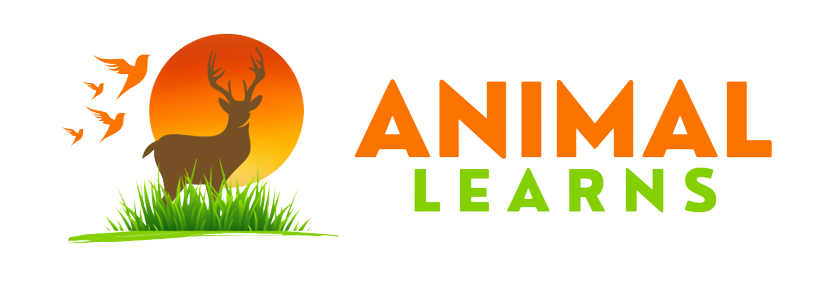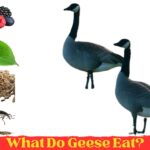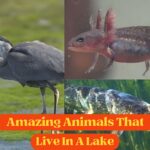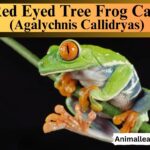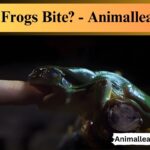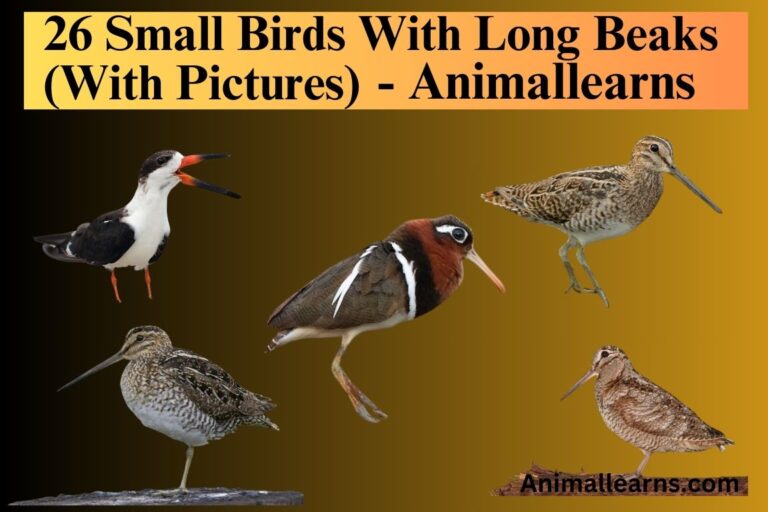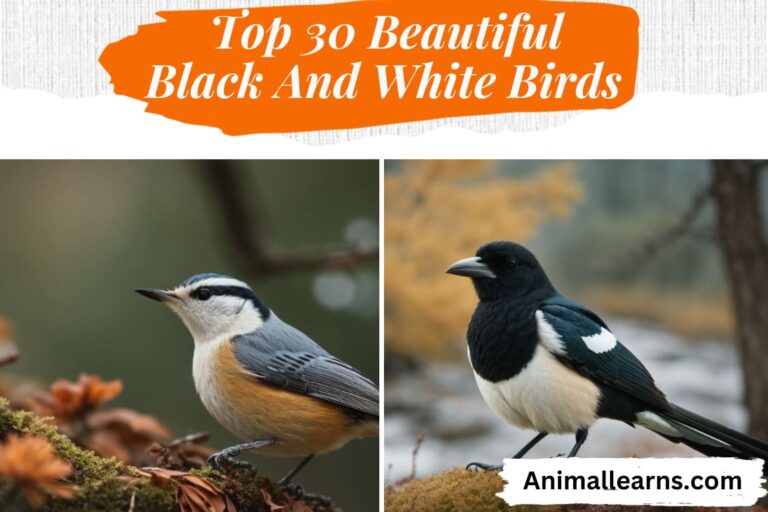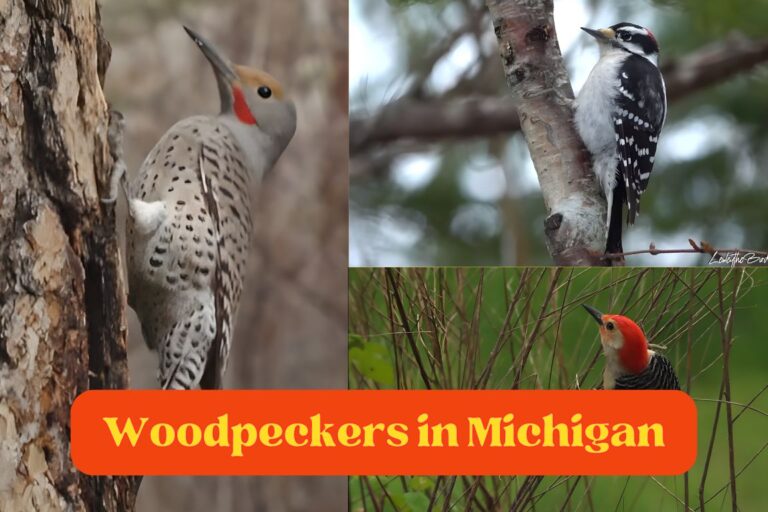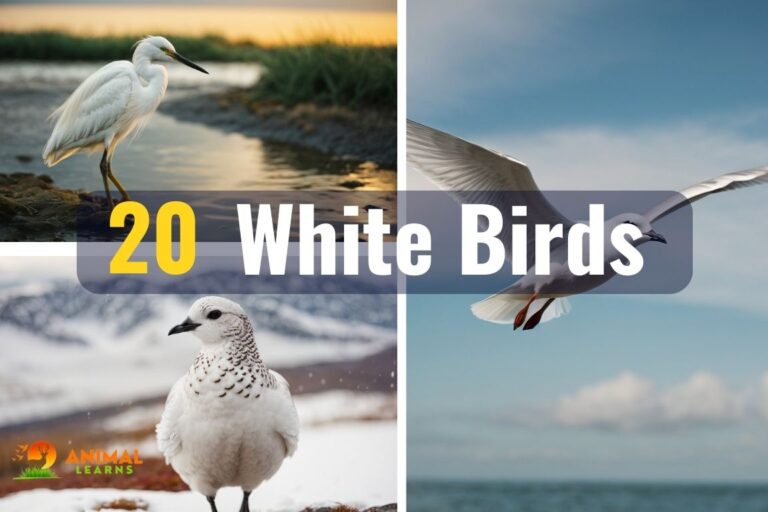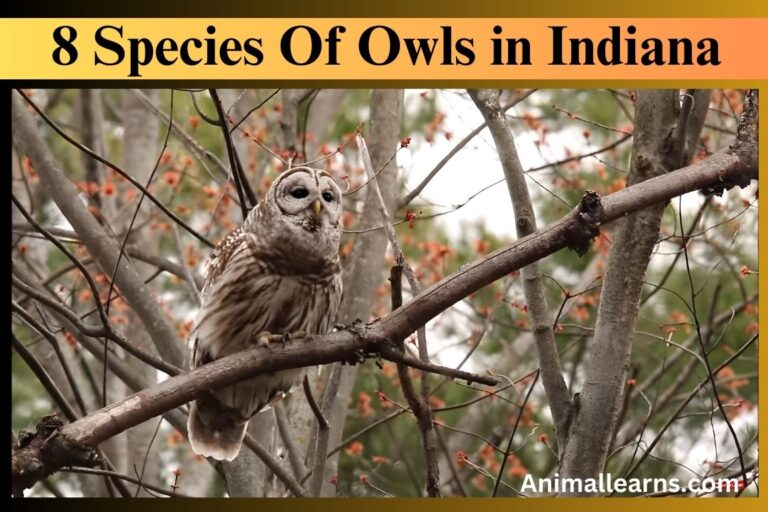Do Geese Eat Frogs? Discover the Unexpected Answer
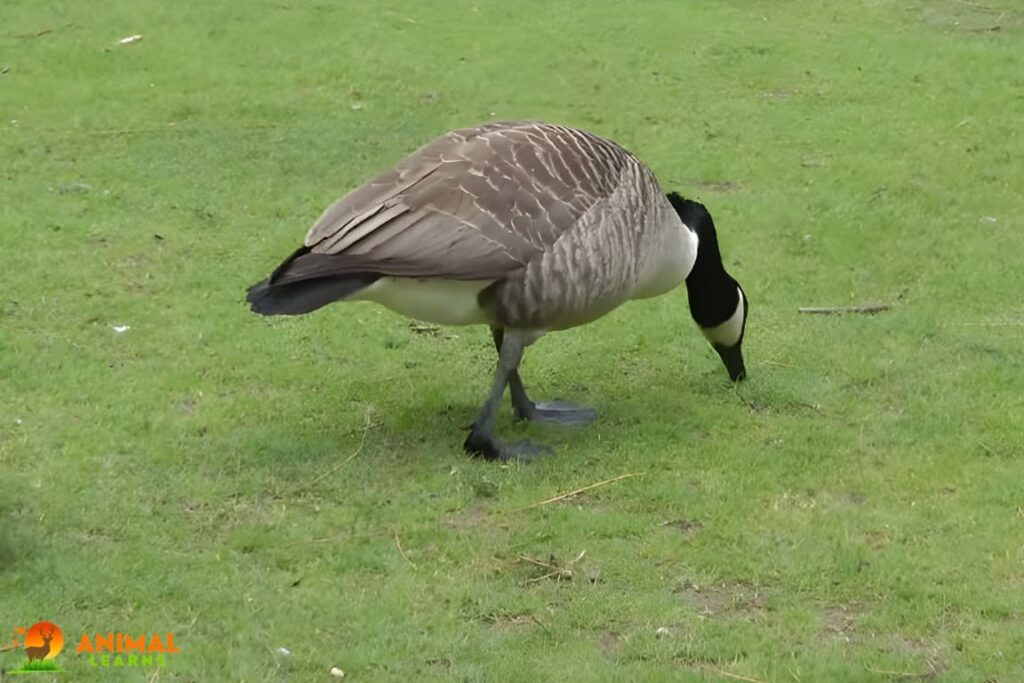
Do geese eat frogs? When it comes to their eating habits, Canadian geese are mostly herbivores; they eat berries, plants, and greenery, however, they also occasionally eat fish and insects. There are a few exceptions to this rule, though.
When there’s not enough food for the flock, Canada geese may sometimes devour a frog. A goose may also exploit a circumstance when frogs are abundant in the vicinity.
What Do Geese Eat?
Contents
- 1 What Do Geese Eat?
- 2 Do Geese Eat Frogs’ Eggs?
- 3 Do Canadian Geese Eat Tadpoles?
- 4 Do Wild Geese Eat Fish?
- 5 Geese Feeding Habits Across Seasons
- 6 What Does A Geese Habitat Look Like?
- 7 Geese & Water Intake
- 8 Seasonal Feeding Patterns of Geese
- 9 What Do Geese Not Eat?
- 10 What Can You Feed Your Pet Goose At Home?
- 11 Things To Remember If You Ever Have The Opportunity To Feed Geese
- 12 Do Birds Eat Baby Frogs?
- 13 Do Birds Eat Poisonous Frogs?
- 14 Do Birds Of Prey Eat Frogs?
- 15 Conclusion
- 16 FAQs
All geese eat a similar herbivorous diet as long as they have the right nutrients. For geese, a wholesome diet is just as vital as it is for humans. Therefore, maize, roots, grains, clovers, wheat, grass, beans, rice, aquatic plants, stems, seeds, berries, and even tiny insects are among the primary dietary items that geese consume.
Do Geese Eat Frogs’ Eggs?
It’s not true that geese eat frog eggs. Nevertheless, it’s likely that when searching for other food, geese accidentally consume them. Because frog eggs are so small, birds do not get much nutrients from them. This implies that they won’t eat them.
Do Canadian Geese Eat Tadpoles?
One kind of waterfowl that is widespread around the world is the geese. Their webbed feet, which aid in their ability to swim and paddle through the water, are well recognized.
The majority of an adult or baby goose’s diet consists of vegetation, but if tadpoles are available, they will also consume small animals. A goose will eat tadpoles if it has nothing else to eat, even if they may not be its first choice on the menu.
Do Wild Geese Eat Fish?
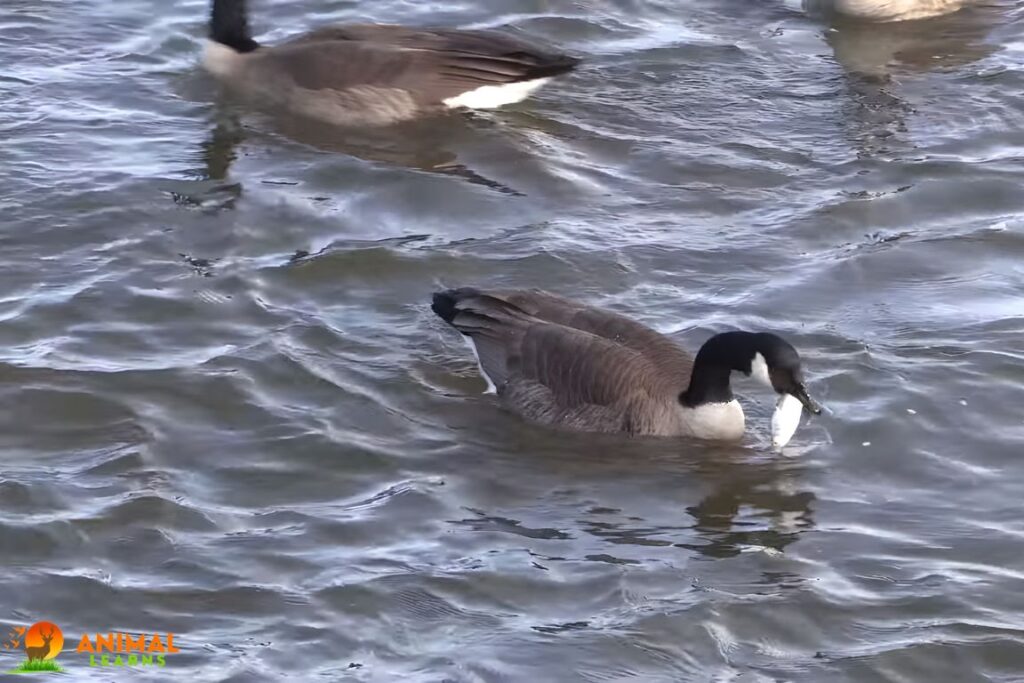
Indeed, geese will occasionally eat tiny fish. Although they don’t eat fish every day, they will consume it if it’s available.
These birds are opportunistic feeders; while they will often consume grass and other plants, they will also consume other foods if they are available. Geese may thus nibble on fish if they are there.
Geese Feeding Habits Across Seasons
Walking across the fields, geese like nibbling on whole wheat grains and cracked corn. The feeding and grazing routine of these magnificent birds is rather regular. They eat twice a day because they prefer to fly to their feeding locations in the mornings and afternoons.
They feed solely on aquatic grass and water in between meal runs. In addition to aiding in digestion, aquatic grass is a vital component of their diet. They prefer to dunk their lengthy necks into the water to search for plant food when they’re not feeding on seeds and greens.
In total, geese search for food and eat both on land and in water for at least half of the day. In addition to meeting their body’s nutritional demands, this technique helps them retain body fat, which facilitates migration and lengthy flights. Pebbles, gravel, and tiny stones are also ingested by geese to aid with digestion.
By grinding the food in their stomach, these tiny stones and pebbles raise their metabolic rate. This allows them to fly more easily, thus it’s important that they eat pebbles and stones. We may also refer to geese as vegetarians because they are regarded as herbivores.
This explains why they like to live in grassy, vegetated places like ponds and marshes. Even though they reside in an urban location, they like parks, golf courses, and other places with verdant grass.
What Does A Geese Habitat Look Like?
Areas like fields, ponds, marshes, and lakes are where geese love to reside. They can occasionally even be seen in public areas like country clubs, golf courses, municipal parks, and schools.
Geese prefer to dwell in wide, grassy regions that are close to bodies of water because they enjoy the water just as much as the land. The protection of the water allows geese to flee from potential predators.
The majority of predators, including cats, wild dogs, and other large creatures, would not be able to capture geese in the water if they were to hunt them.
Geese & Water Intake
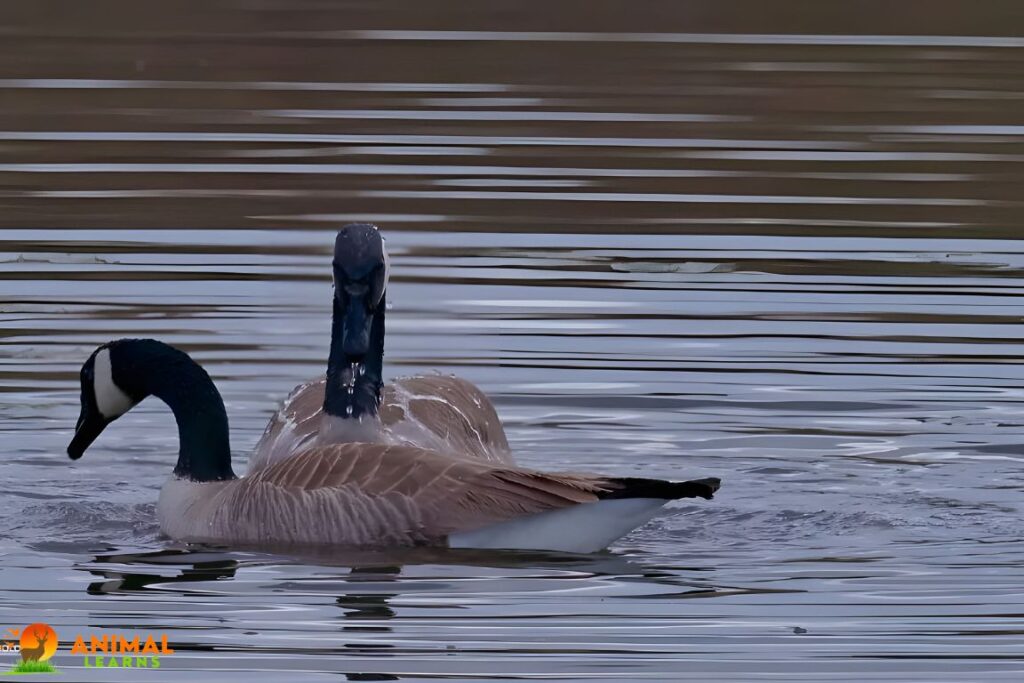
Geese require water to drink, just as any other living thing. But they require water for more than just rehydrating themselves. Experts and scientists think that water has an impact on people’s general health and fertility.
Aside from this, they regularly clean their bodies and rinse their beaks and noses with water. They also like regular bathing and maintaining the greatest possible condition for their feathers. The geese use this as a cleaning routine in addition to something that keeps them healthy.
Seasonal Feeding Patterns of Geese
| Season | Food Items |
| Spring & Summer | Grasses and sedges, Aquatic plants, Leaves and shoots |
| Fall & Winter | Seeds and grains, Berries (if available), Roots and tubers, Agricultural crops (sometimes) |
| Breeding season (all year) | Invertebrates (occasionally, for protein) |
In the summer and spring, geese often consume sedges like cabbage and eelgrass. Sedges are common leaves with little blooms that mimic grass. Other than this, they can have access to nearly any type of greenery and cereals seven months of the year.
The birds’ diets must include carbohydrates in addition to plants and vitamins, particularly during the winter and fall seasons. These carbs aid in the production of body heat, which shields individuals from the chilly winter weather.
Berries, barley, and other crops are the favorite foods of adult geese. Younger birds, however, continue to consume alfalfa and winter wheat. Clearly, during the winter, food becomes short, and geese rely on roots for sustenance. They aren’t the healthiest component of their diet, but during the winter they are their only option.
What Do Geese Not Eat?
On a Sunday afternoon, it can be common for you to witness individuals feeding geese in a park. But the primary issue here is that people are not ethically feeding geese. Given its lack of nutrients, bread is among the worst foods to feed geese.
Despite their fondness for bread, geese do not benefit from it. Because bread is heavy, people consume it instead of the nutrient-rich meals they ought to be eating. While a few pieces of bread won’t hurt them, over time bread consumption can cause malnourishment and other health issues in geese.
It is preferable to distinguish yourself apart from similar crackers and chips since they could have the same impact.
What Can You Feed Your Pet Goose At Home?
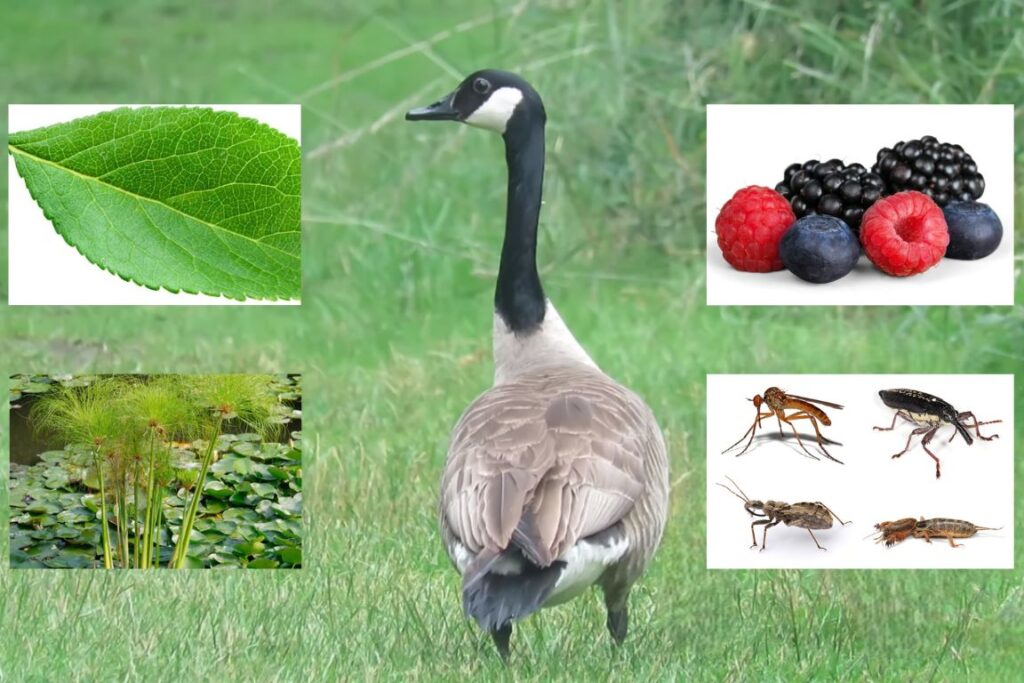
Creating a joyful habitat is crucial whether you wish to keep geese as pets or include them in your farmhouse. Although building a customized environment for geese is a straightforward procedure, it requires a few intricate tasks:
You must provide them with a clear area so they can see well. As long as they can look around and recognize possible hazards, it helps them feel protected and at ease.
They will be happiest in a natural setting with plenty of different flora and a body of water. They will find the water body highly appealing, regardless of its size.
On the other hand, be careful not to use any pesticides or herbicides on plants. They won’t even need a small body of water or grass if you supply them either. Because grass is such a wholesome food that is high in vitamins and minerals, geese truly love eating it. But watch out that the grass doesn’t go any taller than three inches.
Do geese eat frogs at home? the answer is geese consume the most popular vegetables that lettuce, cabbage, and cauliflower leaves are among. Additionally, you may offer them any leftover boiled or steamed veggies, such as carrots and eggplants.
Things To Remember If You Ever Have The Opportunity To Feed Geese
If you ever wish to feed geese on a farm or a park, bear the following in mind:
- Give geese no bread. It is preferable to substitute whole wheat grains or cracked corn. Bread is not a nutritious food for this kind of bird.
- A herbivore, geese are. As a result, they dislike eating cat or dog food. Since geese like to graze on grass in their natural habitat, do not try to give them salmon or tuna cat food.
- Most people can find contentment in eating broken maize and whole wheat grains that are readily available in their native environment. But you may feed them high-quality grain-based bird food, which is nutrient-rich.
- Not all varieties of birdseed are appropriate for geese. Keep in mind that geese dislike sunflower seeds if you have wild bird seeds on hand.
- Never dump food or seeds into the water. Geese only enter the water to swim or groom themselves; they usually prefer to graze on dry ground. Arrange the grains or seeds on the grass rather than tossing them into the water, and let the geese discover the food source on their own.
- Geese are finicky eaters, so they might not finish all you put in front of them. They might not always be hungry!
- Never try feeding geese with your hands. This is risky as the sharp beaks of geese might injure you. Spreading food on the grass allows geese to take care of themselves while foraging, which is the ideal method of feeding them. Feeding geese out of your hand may be enjoyable, but be careful not to make this a habit.
- It’s also important to keep in mind that adult geese are fierce guardians of their young and will harm you if they see you as a threat. Therefore, use caution while nearing a group of geese.
Do Birds Eat Baby Frogs?
Numerous bird species eat frogs, including tadpoles, froglets, and babies. They are quick and simple prey for birds since they are typically less elusive and hence much easier for them to catch.
Do Birds Eat Poisonous Frogs?
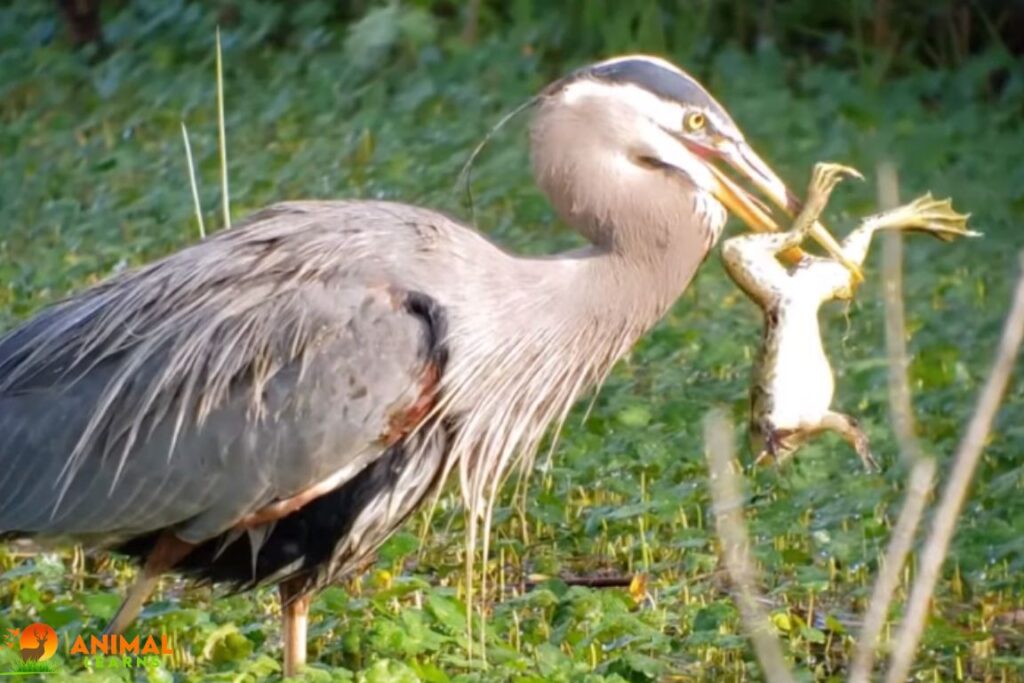
Generally speaking, birds will not consume any toxic frogs because doing so might be fatal to them. The technical term for this is aposematic, and it means that a frog’s vivid colors and patterns are telling potential predators that they are not worth killing.
Most of these frogs are restricted to tropical regions in sections of Central and South America. Birds in this region of the world will not catch these frogs because they are aware that their vivid colors indicate that they should not be eaten.
Do Birds Of Prey Eat Frogs?
Numerous varieties of eagles, owls, and hawks are among the numerous varieties of predatory birds that incorporate frogs in their diets.
The final answer to the question “Do geese eat frogs” is that Geese typically do not eat frogs as a significant part of their diet. While they may occasionally consume small frogs or tadpoles if they encounter them while foraging in or near water, frogs are not a staple food for geese. Geese primarily feed on grasses, grains, and other vegetation.
Conclusion
Geese are magnificent birds that have enhanced the natural beauty of both urban and wild areas around the globe. Ensuring the well-being of all bird species requires responsible bird-feeding practices.
We hope that our research and advice have given you more knowledge about the foods that geese enjoy and the things that you should avoid giving them.
FAQs
What does a goose eat?
Primarily plants (grasses, aquatic plants, seeds), but can also eat insects, berries, and occasionally tadpoles.
How Do Canadian Geese Find Food?
Canadian geese may forage through the foliage on land to obtain food. They may obtain a wide range of plant meals in their feeding zones by doing this.
What animal eats a frog?
Many! Snakes, birds (herons, hawks), fish, and mammals (raccoons, otters) are just some examples.
Do Canadian Geese Eat Baby Ducks?
Because they are not predators, Canadian geese do not consume ducklings or goslings. They mostly consume grass, insects, seeds, berries, vegetables, and other small animals in the wild.
What Animals Love to Hunt Geese?
Predators such as owls, coyotes, foxes, wolves, raccoons, and hawks like hunting Canadian geese. The main food source for these creatures is Canadian geese, which they chase and feed on.
